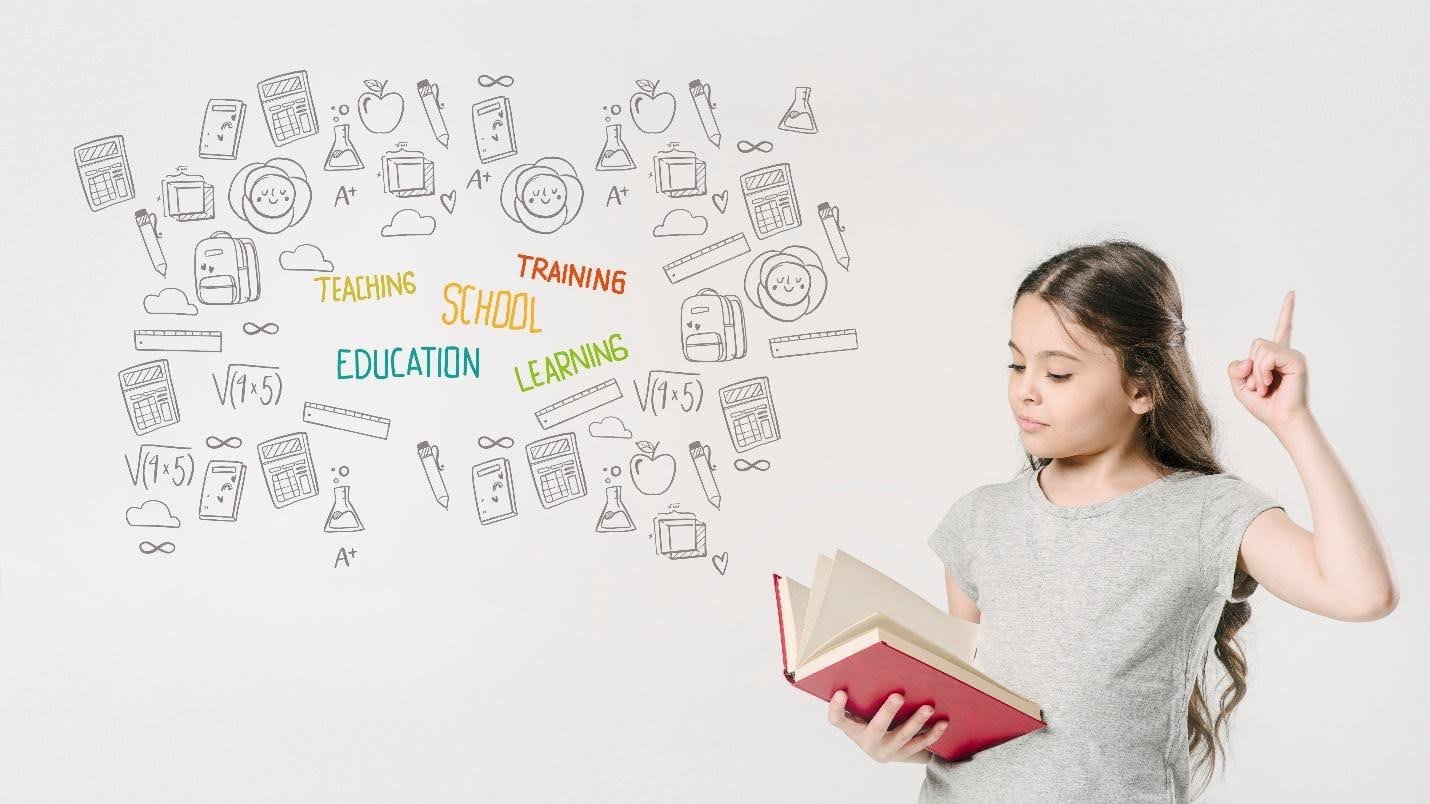What is Educational Psychology? A Deep Dive into Learning and Development
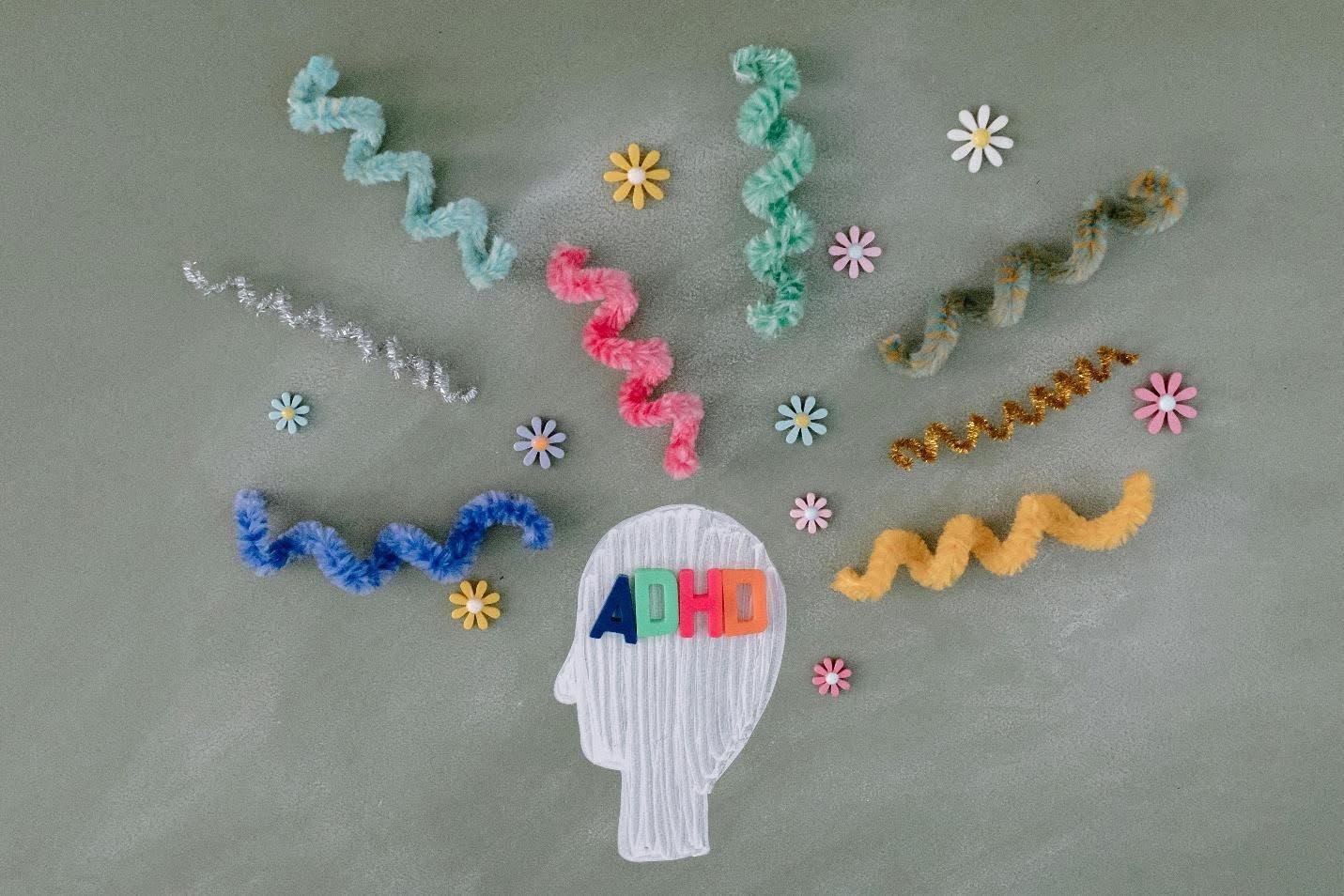
Educational psychology is a vital branch of psychology that focuses on how people learn, retain knowledge, and apply it in educational settings. From classroom dynamics to individual learning styles, this field plays a crucial role in improving teaching methods and enhancing student outcomes.
Table of Contents
ToggleWhether you’re an educator, student, parent, or just a curious mind, understanding educational psychology can significantly impact how you approach learning and development.
Defining Educational Psychology
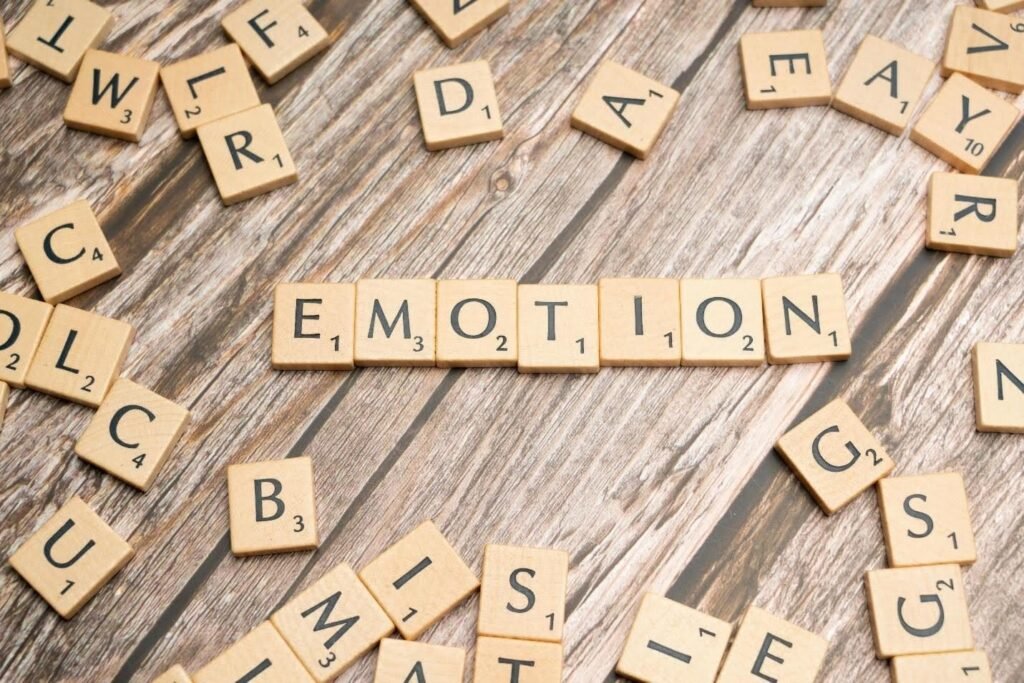
Educational psychology is the scientific study of human learning within educational contexts. It combines insights from psychology, education, sociology, and neuroscience to understand:
– How students learn
– What motivates learners
– The impact of emotions, culture, and environment on learning
– Effective teaching strategies and instructional design
According to the American Psychological Association (APA), educational psychologists apply psychological science to improve the learning process and promote educational success for all students.
Core Concepts in Educational Psychology

Learning Theories
Educational psychology is deeply rooted in theories that explain how learning occurs:
– Behaviorism: Focuses on observable behaviors and how they’re influenced by stimuli (e.g., rewards and punishments). Learn more about B.F. Skinner.
– Cognitivism: Emphasizes mental processes like memory and problem-solving. Explore Jean Piaget’s work.
– Constructivism: Suggests learners build knowledge through experiences. Lev Vygotsky’s Zone of Proximal Development is key.
– Social Learning Theory: Introduced by Albert Bandura, highlighting learning through observation and imitation.
Motivation in Education
Motivation drives learning. Psychologists explore:
– Intrinsic vs. extrinsic motivation
– Goal-setting theory
– Self-determination theory
– Expectancy-value theory
Cognitive Development
Understanding how learners process information at different ages involves:
– Working memory
– Attention span
– Executive functions
– Metacognition
Individual Differences
No two students are alike. Educational psychologists assess:
– Learning disabilities (e.g., dyslexia, ADHD)
– Giftedness
– Cultural and emotional factors
– Language acquisition challenges
Applications in the Classroom

1. Instructional Design.
Techniques like scaffolding and cognitive load theory are applied to structure lessons that support understanding and retention.
2. Assessment and Evaluation
Formative and summative assessments based on psychological principles ensure meaningful feedback and learning progress.
3. Behavior Management
Using strategies from behavioral psychology, teachers apply reinforcement techniques and proactive classroom management.
4. Special Education Support
Educational psychologists contribute to the development of IEPs (Individualized Education Programs) for students with special needs.
Real-World Impact
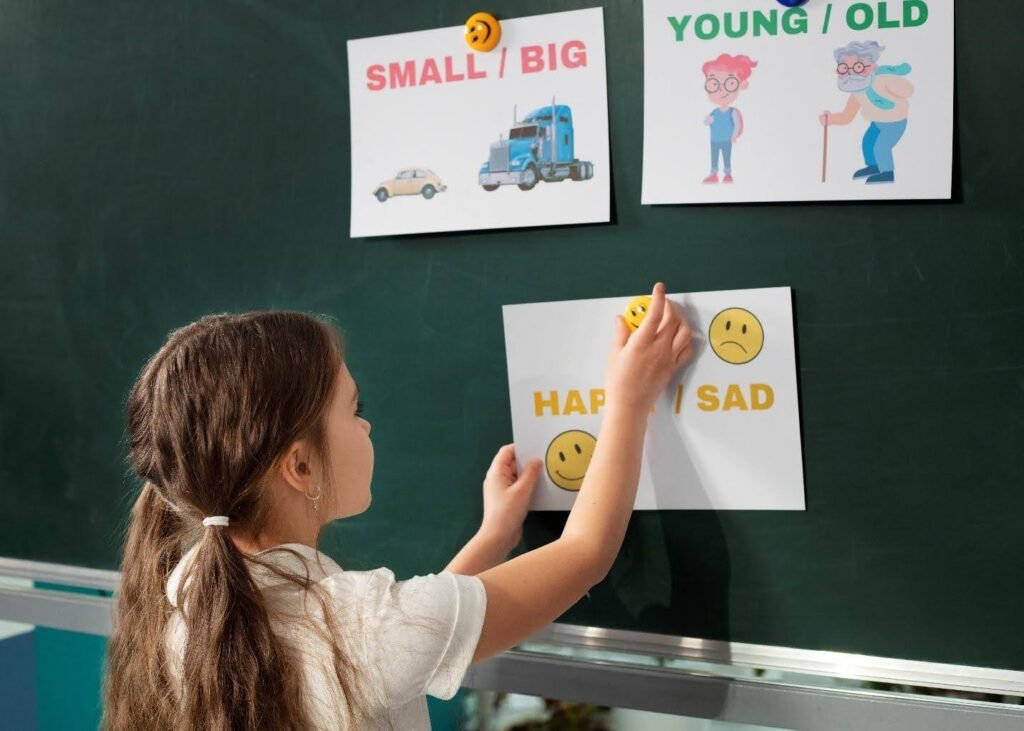
Educational psychology impacts:
– Teachers, by shaping instructional practices
– Parents, in understanding their child’s learning needs
– Schools, for creating inclusive policies
– Governments, when designing equitable education systems
Why Educational Psychology Matters More Than Ever

In a world of hybrid learning, screen time, and global classrooms, educational psychology offers answers to key questions:
– How does technology affect learning?
– How can we keep students engaged online?
– What emotional and social support do students need?
It also supports Social-Emotional Learning (SEL), helping students build resilience, empathy, and emotional intelligence — crucial for success in life and learning.
Final Thoughts
Educational psychology isn’t just about theory — it’s about real impact. It empowers teachers to teach better, learners to learn smarter, and systems to grow stronger. Whether you’re in a classroom or a boardroom, applying the principles of educational psychology can unlock human potential and transform educational outcomes.
